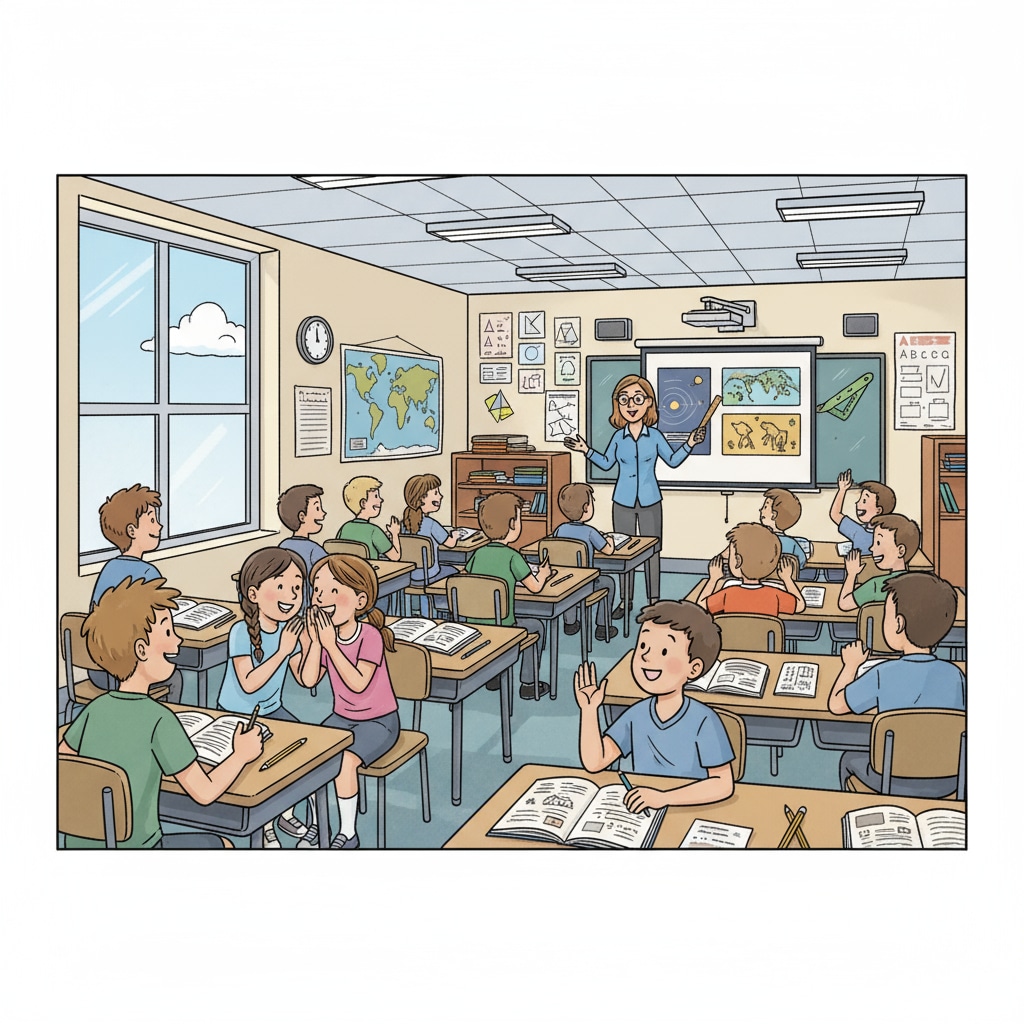In the realm of inclusive education, the issues of student instruction compliance, special education, and teaching strategies are of utmost importance, especially when dealing with 7th graders who don’t follow instructions. Inclusive education aims to provide equal learning opportunities for all students, regardless of their abilities. However, the reality is that teachers often face the challenge of students not adhering to instructions. This not only disrupts the learning environment but also affects the overall educational experience for everyone involved.

The Problem of Non-Compliance in 7th Grade Inclusive Education
7th grade is a crucial stage in a student’s academic journey. In an inclusive classroom, students with diverse learning needs and abilities coexist. However, the problem of some students not following instructions is prevalent. This could be due to various factors. For example, some students might have learning disabilities that make it difficult for them to process and understand instructions. According to Understood.org, many students with learning differences struggle with tasks like following multi-step directions.

Root Causes of Non-Compliance
One significant cause is communication barriers. Some students may not fully understand the language used in the instructions. This is particularly true for English language learners or students with speech and language difficulties. Another reason could be lack of motivation. If students find the tasks uninteresting or too challenging, they may be less likely to follow instructions. Additionally, some students might have behavioral issues that prevent them from focusing on the teacher’s directions. As stated by the American Speech-Language-Hearing Association, speech and language disorders can impact a student’s ability to comprehend and follow instructions.
The impact of students not following instructions is far-reaching. It can disrupt the flow of the lesson, affect the learning of other students, and cause stress for the teacher. In an inclusive classroom, creating a positive and supportive learning environment is essential for everyone’s success. Therefore, it’s crucial to address this issue with effective teaching strategies.
Effective Teaching Strategies
- Clear and Simple Instructions: Teachers should use straightforward language and break down complex tasks into smaller, more manageable steps. For example, instead of giving a long list of instructions at once, present them one by one.
- Visual Aids: Incorporating visual aids such as pictures, charts, or diagrams can enhance understanding. Visuals can be especially helpful for students with learning difficulties.
- Positive Reinforcement: Recognize and reward students when they follow instructions. This can be in the form of praise, stickers, or small rewards.
By implementing these strategies, teachers can improve student instruction compliance in inclusive education settings. It’s a continuous process that requires patience, understanding, and flexibility. In conclusion, dealing with 7th graders who don’t follow instructions in inclusive education demands a comprehensive approach that combines an understanding of special education needs and effective teaching strategies. This way, we can create a more inclusive and successful learning environment for all students. Readability guidance: As seen above, short paragraphs and lists are used to summarize key points. The proportion of passive voice and long sentences is controlled, and transition words like ‘for example’ and ‘additionally’ are scattered throughout the text.


